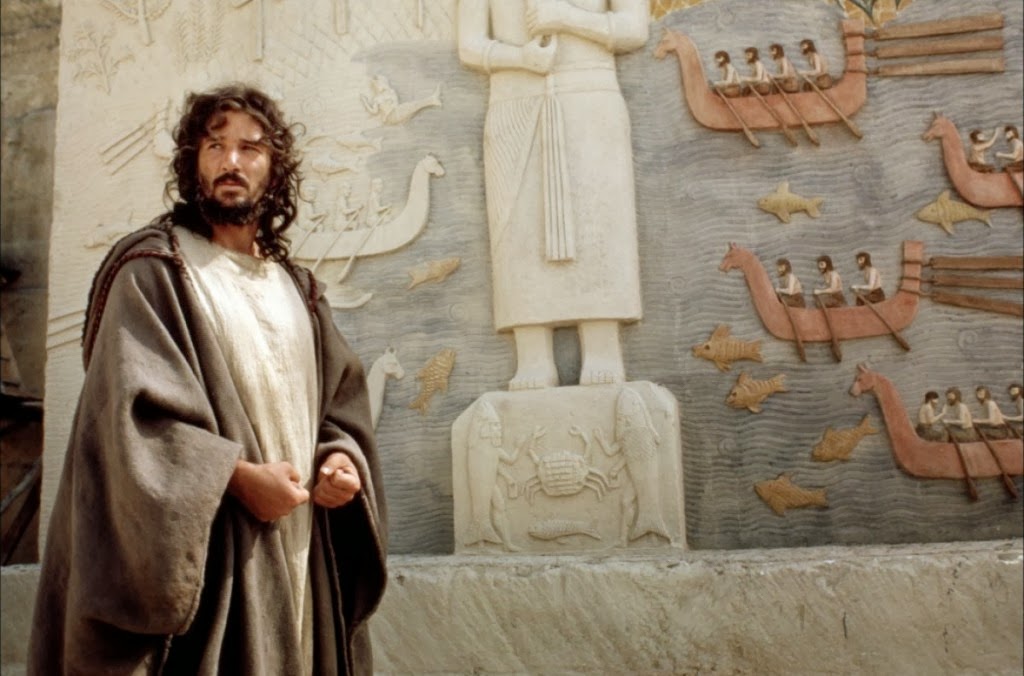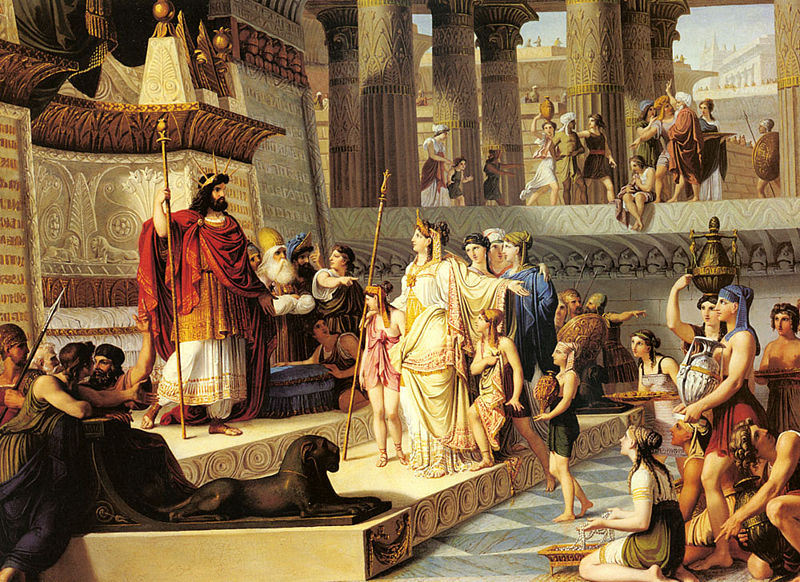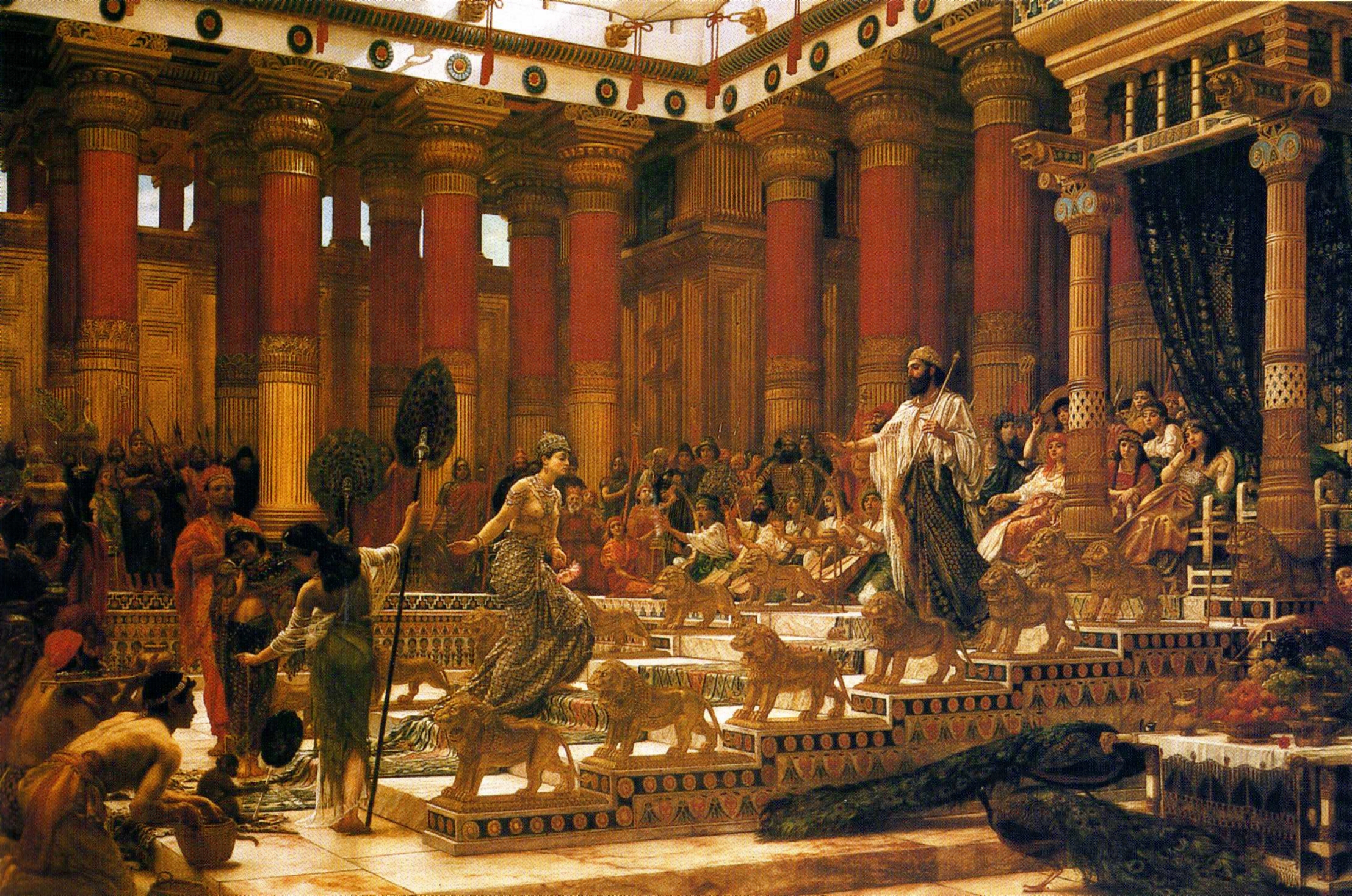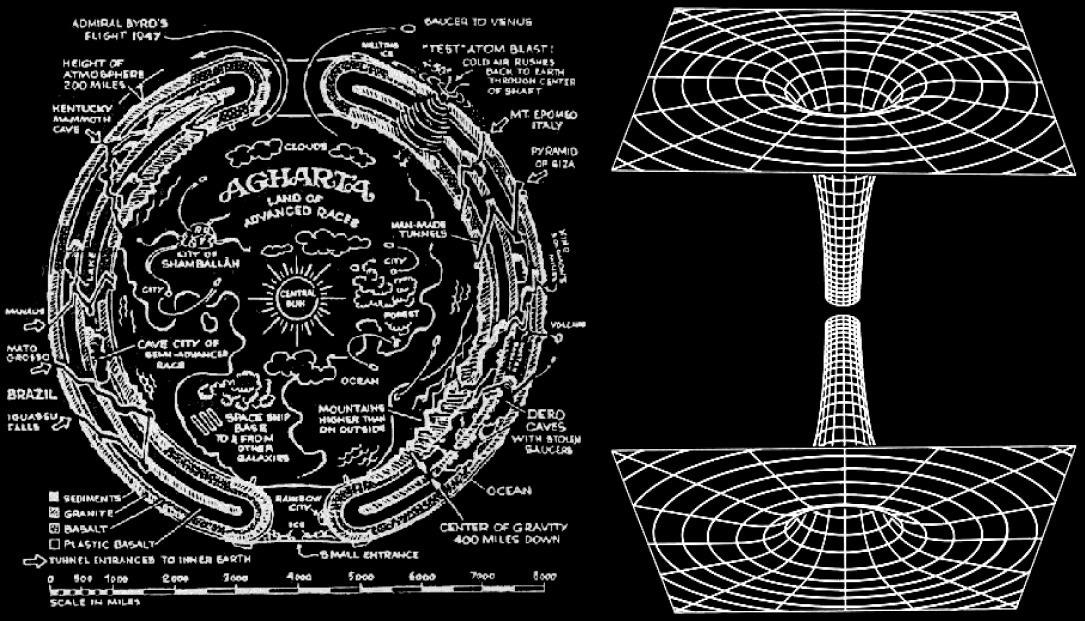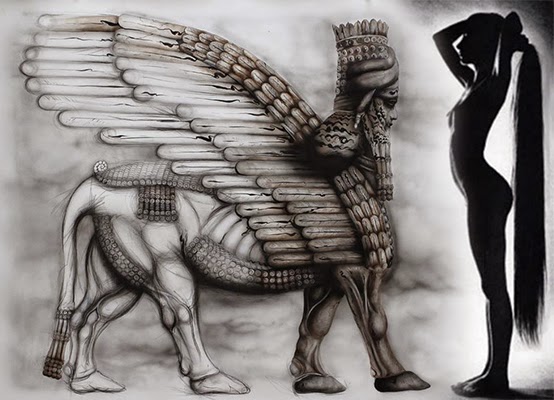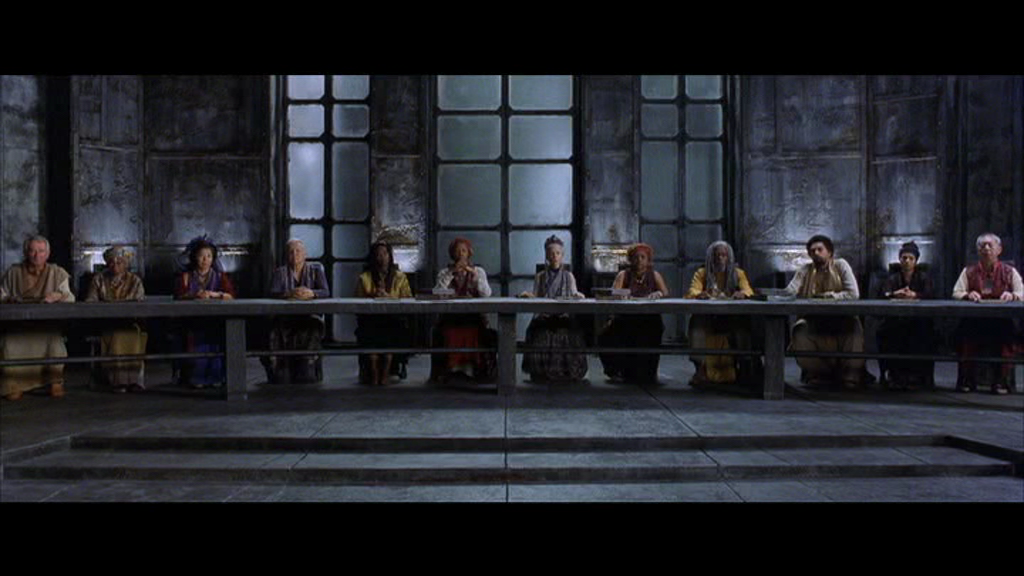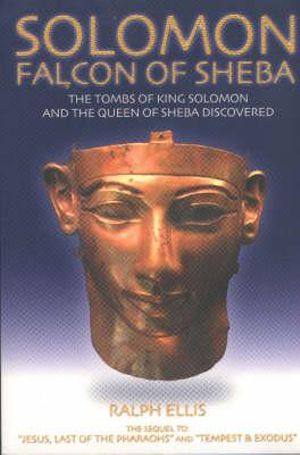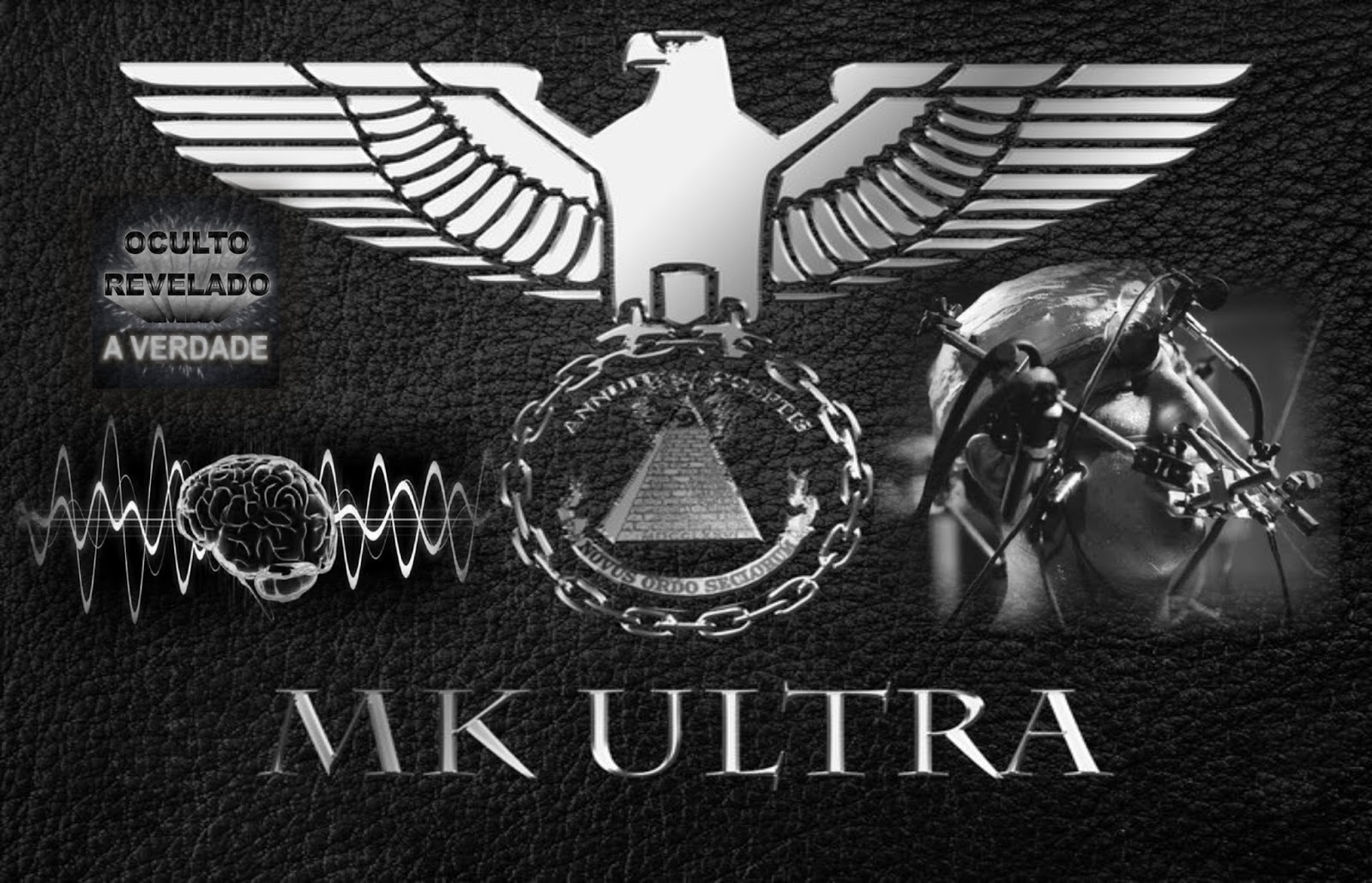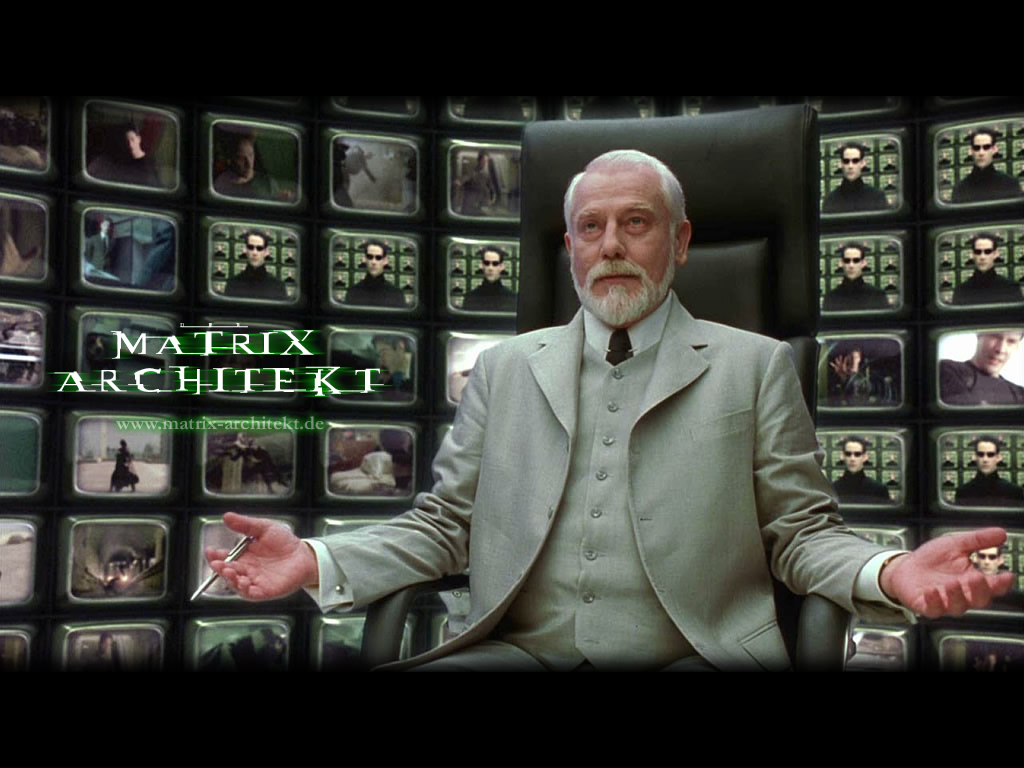


THEeXchanger wrote:To my friend Brook who passed away this morning (Oct. 25).
You are forever young now and free flying in the stars.
Thank you for all the wisdom and magic you shared with me and the world
I won't forget you and will celebrate the uniqueness that is you.
RIP with your beloved son beautiful lady.
Julienne Alvarez
mudra wrote:LionHawk posted this on Brook's page today.
Morning Folks. I'd like to take a moment and thank everyone for all of your beautiful hearts. I would also like to thank some folks who were right there on the front line while Brook fought this battle. Cathy, Ed, Amber, Bobby, Mel, Charlene, and anyone I missed. There are also hundreds if not thousands of folks whose prayers and heart felt thoughts made a positive difference. As well as family members. It is my wish to a have a memorial service for Brook, but it will have to be done in some different way that will honor her and all of you, so I need time to think about this and I am not going to rush this. It wouldn't be right to do so.
Another thing you all deserve to know, was Brook's greatest fear. That fear was dying alone. What I am about to share will also reflect some of the comments made on her facebook page here. I will keep it short as possible.
After we got her transferred to Hospice and got her comfortable, she slept for a few hours. Around 9 PM the caregivers gave her a bath. Brook asked them if I was there and they told her I was outside waiting to come in her room. When they were done, I went in and sat beside her on her bed. She was sleeping. When she woke up and realized I was there with her, she said, "I love you." Shortly after she fell back asleep. I stayed with her the whole night. Around 6 in the morning I told her I had to go home and get a shower and shave. She was so happy that I had shaved my year long beard off two days earlier. I came back around 9:30. Visiting had already started. As the morning progressed, her breathing became more laborious and continued into the early afternoon. My dear Amber was there and she told the nurse or nurses that Brook might have some pain issues going on. That was addressed and then Amber told me she was going to say goodbye to Brook, after which she left. At that point I went to the nurse's station and spoke with two nurses as to how Brook was doing. I then ask what we were looking in terms of time and they said probably tonight sometime. I told them that it felt a lot closer than that, because I could feel it and then thanked them and went into Brook's room. It was then that I pulled up a big chair along side her bed. I grabbed her hand and said,"Baby, it's okay. It's okay Baby." "Think of John. Think of John Sr. and John Jr." Then her breathing started to slow. Slower til finally it stopped. That was at 2:15 PM. For the next little amount of time, I hugged her and kissed her for about 5 minutes in total meltdown mode. A nurse showed up because of the noises I was making and then checked Brook for a heartbeat. She then informed me that I had several hours to be with her before they would take her to the funeral home. Some time went by and Braydon showed up. After a time, him and I went outside and had a long talk. About halfway through the talk, I sensed Brook floating in the air, looking down at us, smiling. She was smiling at us because we were discussing where do we go from here and that a healing between Braydon and I was taking place.
Last night she came to me, trying to comfort my pain...........and that is all I can can say for now........
Love from me
mudra
THEeXchanger wrote:On behalf of all of us ~ The Elders of Thuban
it is with great sorrow
That we posted that our friend Brook
choose to transition this morning...
she truly was a 'miracle' sitting on a 'miracle' !!!
Brook choose to fly free,
back amongst The Stars...
what an impace she made on the lives of many...
always stuffed full of magic,
always stuffed full of wisdom,
and, she made a great impact on the lives of many souls !!!
Our sincere condolenses to Lionhawk~Andy
her beloved mate, and, to her family, extended family and friends
She truly was a 'bright shining star' that will be missed
Forever, we will be grateful
for being granted the priviledge to eXchange
and, to share with such an awesome soul !!!
Brook Journey well,
you leave me, with the sense of knowing,
there will be other times our lives will dove-tail together !!!
May everyone journey well, until we are re-united again :)
Thank you for all the beautiful sharings
~ we shall miss you, but, always remember you
Heaven, or the other worlds have NOW gained an eXtra-ordinary soul
Love,
Susan Lynne Schwenger - The eXchanger
and, All The Elders of Thuban
orthodoxymoron wrote:Project Avalon contains a tear-jerking and heart-wrenching journal of Brook's struggle, and the efforts of forum-members to help. The motorcycle-accident death of her son, John, was a devastating-blow several-years ago, and the agonizing fight with cancer was the final-blow. These two deaths will haunt me for the rest of my life, mostly because they occurred in the middle of what seems to be a nasty spiritual and information war. During this same period, three individuals died, who I distantly knew in real-life, and their deaths will haunt me for the rest of my life, mostly because they occurred in the middle of what seems to be a nasty spiritual and information war. I suspect that things will get much worse in the coming years, and I certainly don't have an adequate explanation and/or solution, but I certainly hope there's a light at the end of the tunnel of This Present Darkness. Hope Springs Eternal. http://projectavalon.net/forum4/showthread.php?101221-Cancer-killing-Killing-Cancer-My-Heart-Path The following message was posted by 'snoman' on Project Avalon http://projectavalon.net/forum4/showthread.php?101221-Cancer-killing-Killing-Cancer-My-Heart-Path/page12
I knew Brooke over many platforms over many years. She was ahead of the curve on chipping away at something she felt deeply mesmerized by.. the interweave of quantum realities and the mechanics of Egyptian technology.. something that when you read her work (hours and pages of output) little ever comes nearer to the experience of peeping behind the veil. I don't have access to her lengthy work on this.. I recall there was an exhaustive thread called 'Theatre...' something. Does anyone have this archived? A fitting memorial and repository of her work in a section dedicated to her research would be what I would hope for so that someone with the tenacity to fully understand her work could have access to it, and the rest of us could revisit it and Star/Brooke/Shadowself's work will always be there. It really needs to be. So long bright one X
Is it too soon to wonder about the possibility of some sort of a centralized-archive of Brook's work?? Or even a 'Brook Book'?? I still have a difficult time studying Egyptology, but often Brook seemed to have actually 'Been There' in Ancient-Egypt. I noticed that on the above PA thread, the last post prior to Brook's death was September 29. The next post was on October 25, the day of her death. The last post on the above thread was October 29. I don't know why I'm mentioning this. I guess I'm wondering about what transpired between September 29 and October 25. Things seemed to be significantly improving in the last week of October, then nothing, with a sudden-end, and no extended discussion over the past week. The contributions to both donation-sites seemed much too low, especially in view of all the 'friends' on several forums, and probably in real-life. When Brook left The Mists of Avalon, I didn't follow her work on other forums, and I often wondered why she was no longer posting on the Mists. PA and MOA have been a puzzle to me. So much information and intelligence, yet such distant and detached communication. I'm Siriusly questioning the Information-War as computers and robots replace people and face to face conversation. Lionhawk / Andy mentioned the possibility of a Memorial-Service. Has there been any word about this?? I leave you with Bill Ryan's response on PA:
Dear All, I was out all yesterday but just heard the sad news this morning. That was a blow. She had set such a strong example in her courage and openness. She was transparent with us all to the end. Brook was a warrior in everything she did and stood for, but lost her last battle. She’s assisted us in research behind the scenes — some of which she posted publicly on the Corey Goode and Emery Smith threads — and was steadfast in her personal determination to expose scams, fraudsters, and charlatans: even when she was sick and fighting personally. Kudos to her: if her efforts could be matched by more, the community would be richer and healthier for it. She’ll be back. We welcome her return, and we need more like her. My respect and appreciation to everyone who's honored her here. Daniel Liszt, the Dark Journalist, honored Brook in his livestream with Walter Bosley last night. (Listen at 1:54:40)
"We have so many great people to thank on that, but I really want to shout out to this too, which is… unfortunately, I have some sad news, which is the passing of Brook Schiner today, who was an incredible Project Avalon researcher. She did incredible things for me, especially last year when I was looking into this, and she knew so much and so many different things about cults. It was quite helpful. She had cancer for a while, and she was a strong fighter till the end. And all of our blessings are there for Brook, and all the Project Avalon people, so much, for the things that you've done."
orthodoxymoron wrote:This is devastating news, but perhaps the end of suffering is welcome as the soul transitions. I knew Brook without knowing Brook. I know individuals online without really knowing them. Perhaps faceless interaction isn't a good thing. I don't know. Perhaps it is depersonalizing and desensitizing. Perhaps Brook is monitoring our responses, and making plans for subsequent incarnations (here or elsewhere). The pain and suffering in life seems so counterproductive and unnecessary. Is there a better way to develop our souls and characters?? Is Pain the Cost of Doing Business in the Universe?? Namaste, Godspeed, and Geronimo, Brook.
Last edited by orthodoxymoron on Tue Nov 06, 2018 6:00 am; edited 5 times in total















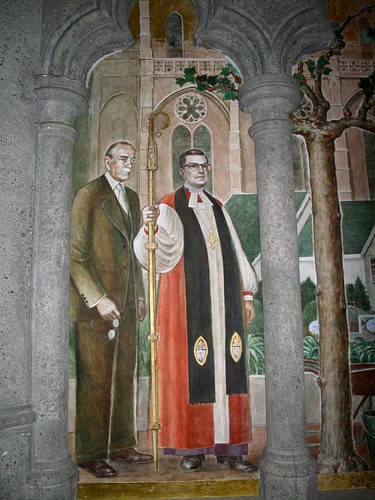







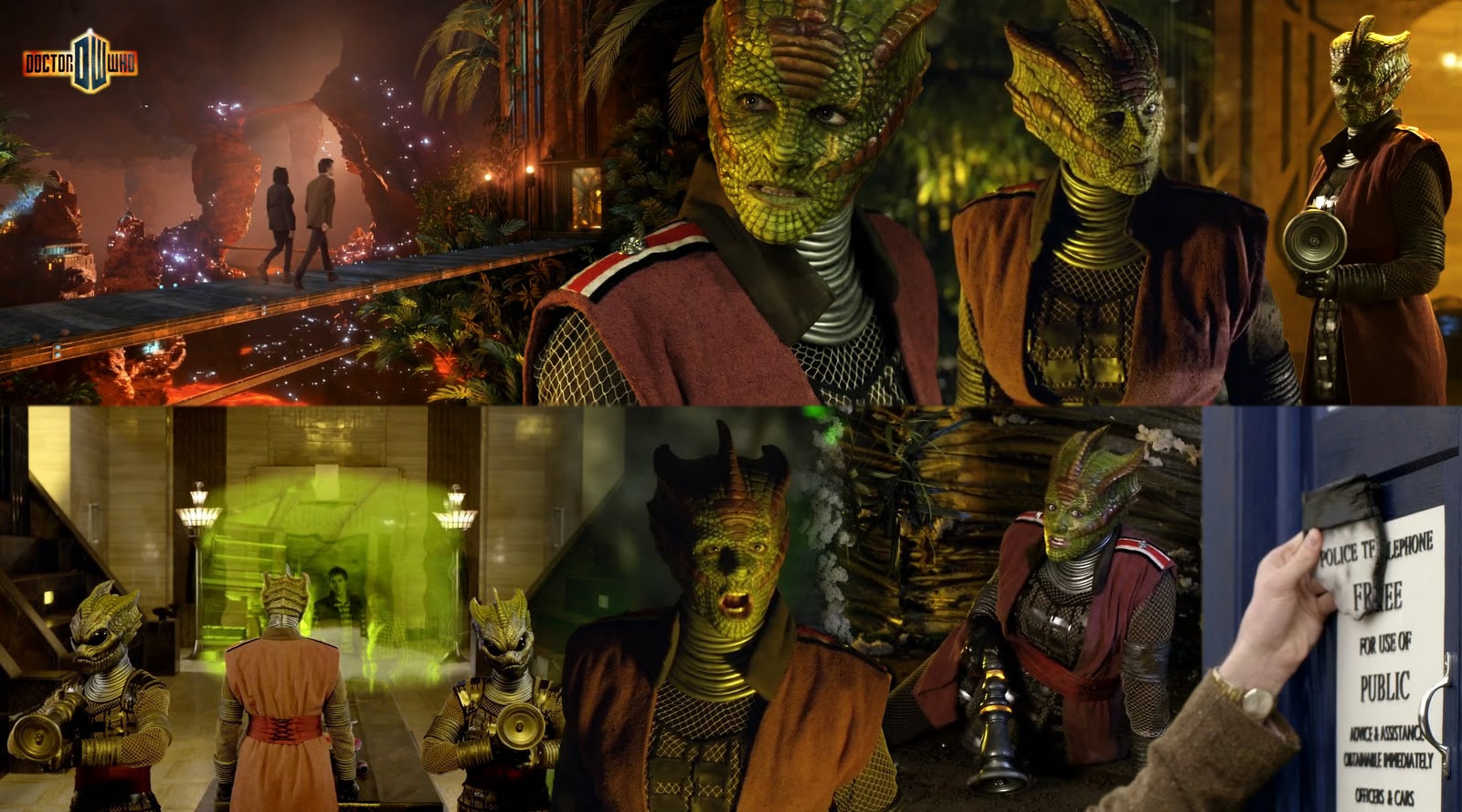












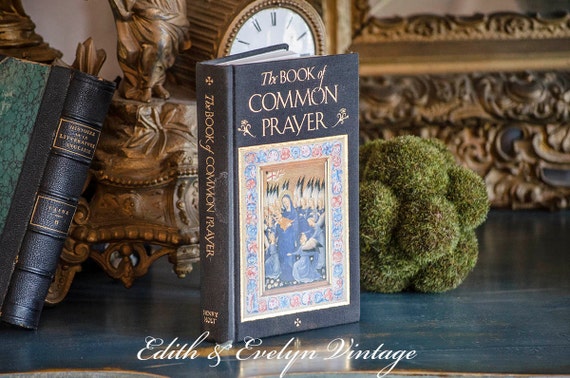

















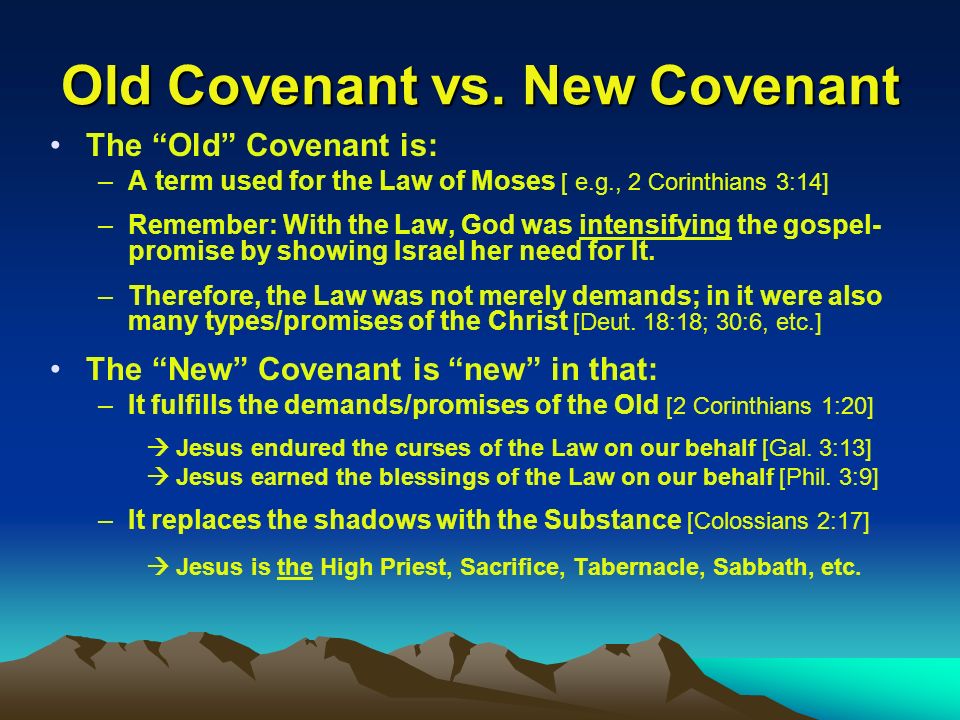


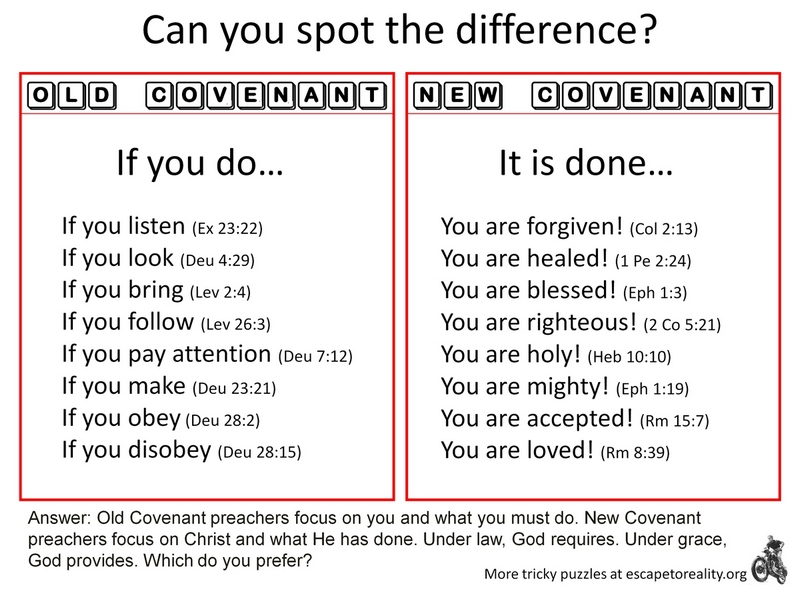
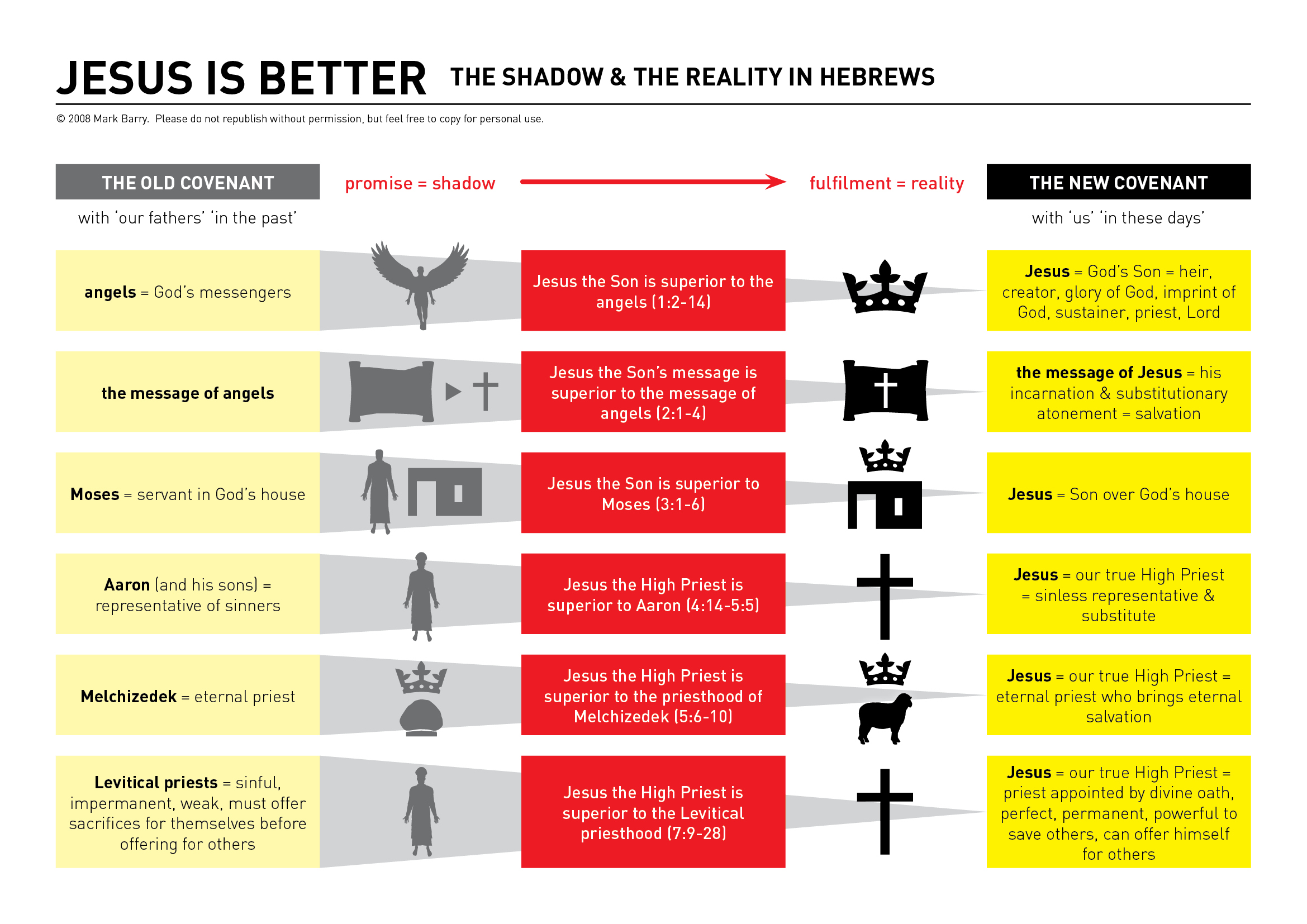


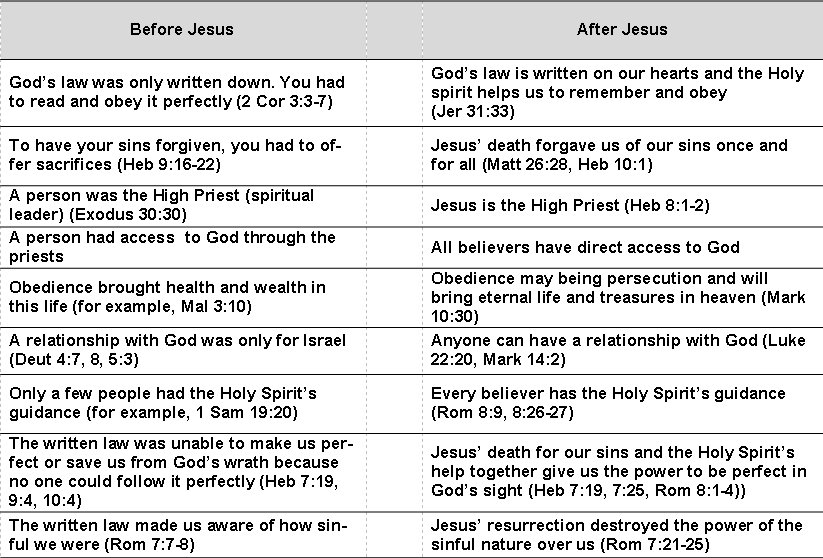


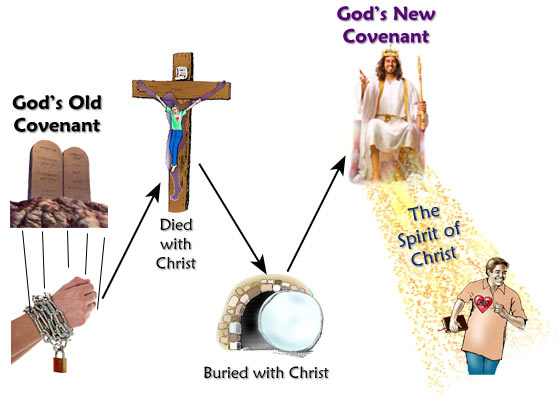





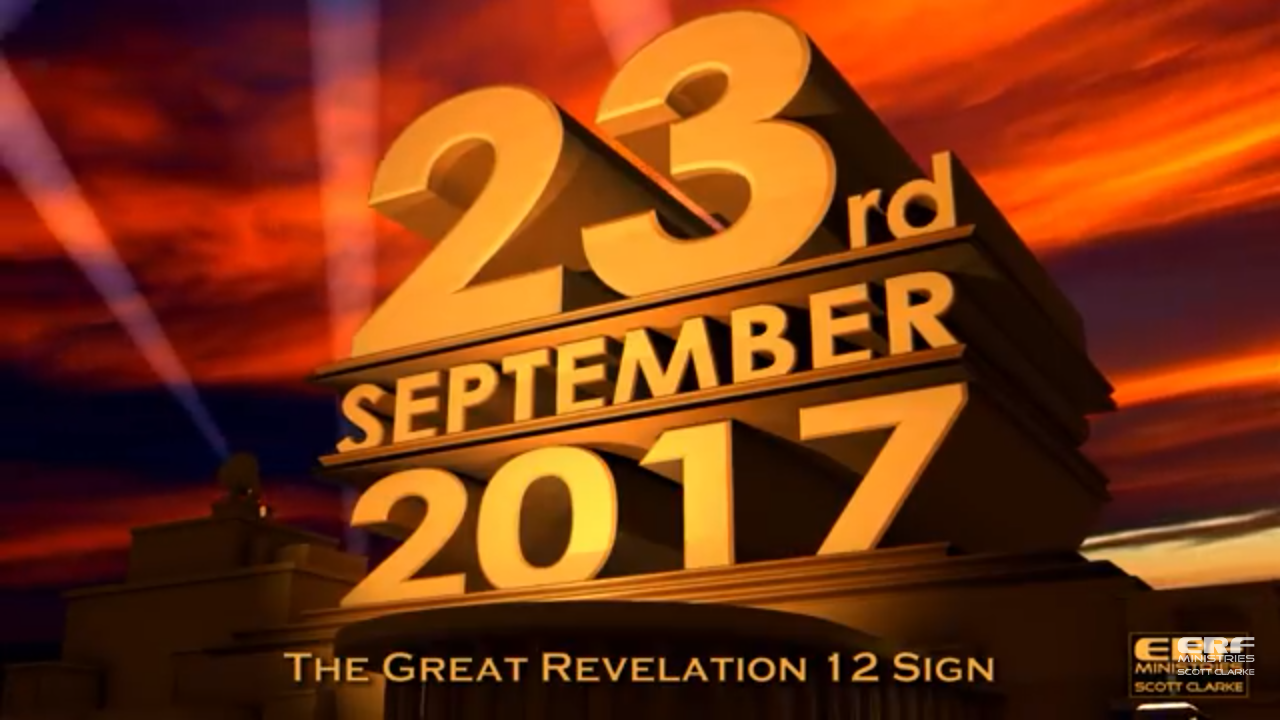


/promo2x2/Jack-V-2009-Promo-2x02.jpg)





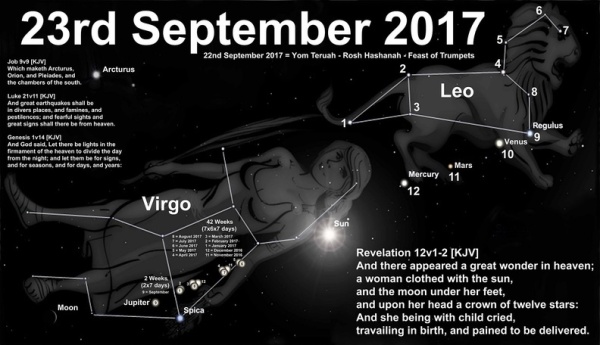








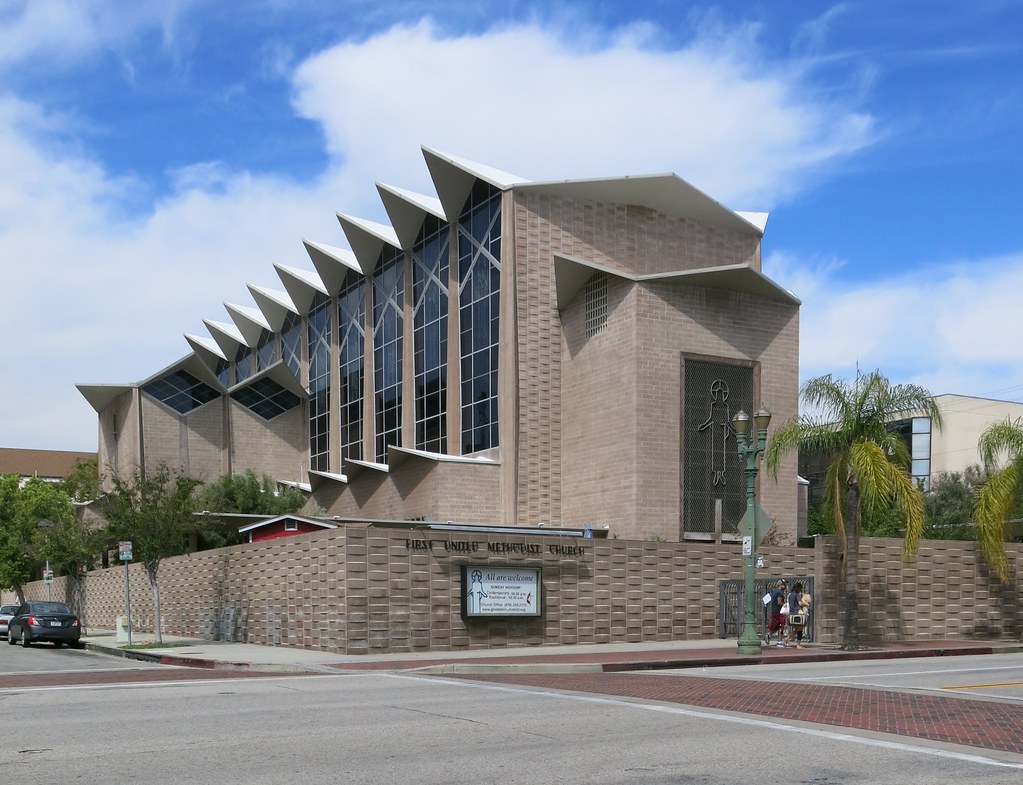


h(600)/af9cf564b52954424dca6dfa8f0ee86e.jpg)















